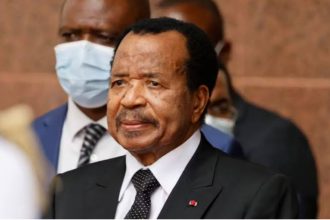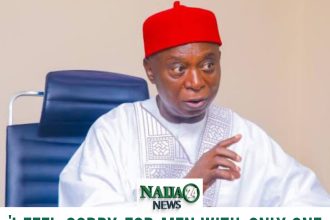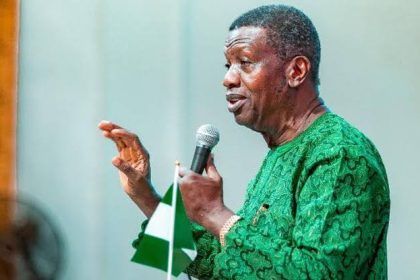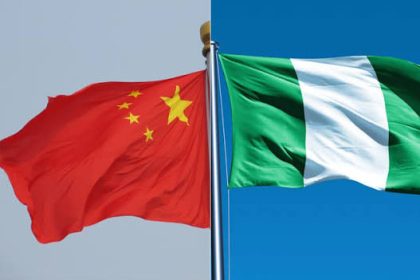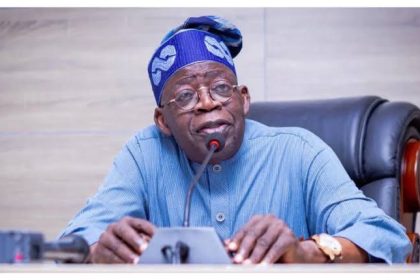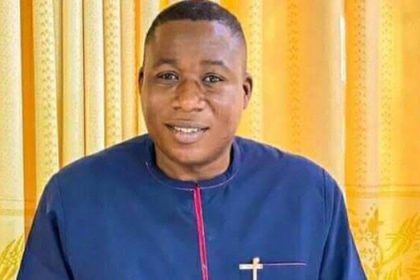A prominent Benin socio-cultural group, Ogbakha-Edo, has rejected key provisions of a bill currently before the National Assembly seeking to establish the Nigerian Council of Traditional Rulers.
The group particularly opposed the proposal to make the Ooni of Ife and the Sultan of Sokoto permanent co-chairmen of the Council, describing the move as unfair and historically insensitive.
In a joint statement signed by its Chairman, Prof. Sam Guobadia, and Secretary, Dr. Andrew Osaretin Izekor, the group argued that such a provision would undermine the authority and legacy of the Oba of Benin.
They insisted that the chairmanship of the proposed council should be rotational among all first-class traditional rulers across the country.
“We find it highly inappropriate to perpetually subjugate the Oba of Benin through an illogical constitutional enactment,” the statement read.
“This proposal is not only flawed but also provocative, divisive, and culturally offensive. It represents a blatant attempt to institutionalise supremacy where none exists.”
The group stressed the historical significance of the Benin Kingdom, noting that the Oba of Benin reigned over a vast empire that predates many modern Nigerian traditional institutions.
“The Oba of Benin was not merely a king, but an emperor with influence extending across present-day Edo, Delta, Ondo, Lagos, and even into the Benin Republic. Many of the kingdoms being considered today were either non-existent or lacked the political and administrative sophistication of the Benin monarchy,” the group said.
Ogbakha-Edo also criticised the rationale behind using the Ooni and Sultan to represent Nigeria’s southern and northern regions respectively, arguing that historical and cultural factors were ignored in the selection process.
The group therefore called for the immediate withdrawal of the proposed bill or, alternatively, for the chairmanship position to be made non-permanent and rotated among first-class traditional rulers nationwide.
The bill, if passed in its current form, would formalise a national body for traditional rulers with a fixed leadership structure—an idea that is now facing strong opposition from cultural groups seeking a more inclusive and historically respectful approach

